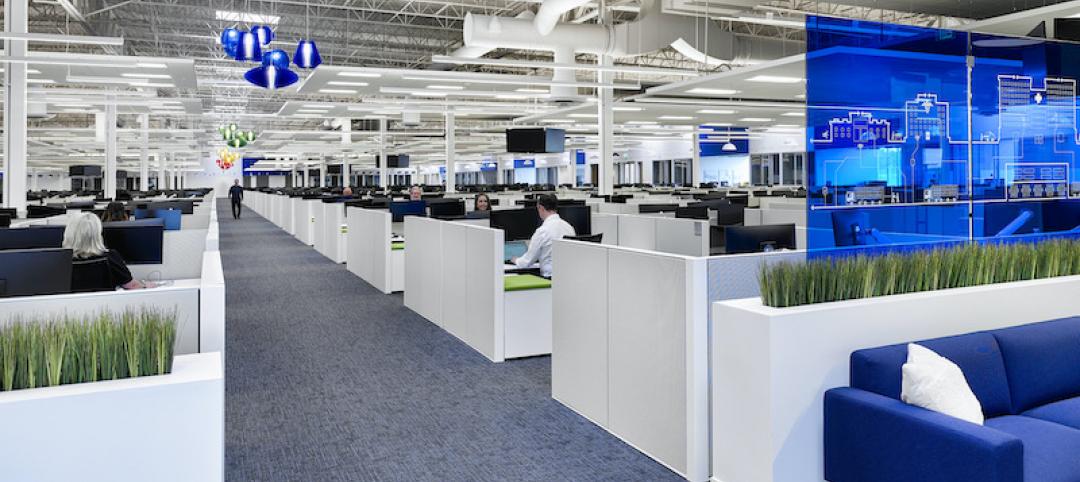In the current post-pandemic environment, many workers continue to work remotely, and most tenants don’t need as much space as in pre-pandemic days.
The impact is higher vacancies in the office sector and owners desperately trying to retain and attract tenants. Many landlords in the war for tenants have turned to offering new workplace amenities such as conference room services, fitness centers with nutritionists, and high-end food and beverage offerings.
To provide these services, landlords engage with third-party vendors and these arrangements present the potential for some thorny legal liability, according to a column at GlobeSt.com. To prevent that, both parties must hash out details over responsibilities for the engagement to ensure that it works as expected.
For example, a contract should include clauses about who can access bank accounts and who provides accounting support for expenses and revenue. Also, the vendor must be in tune with requirements in the landlord’s insurance to prevent inadvertent actions that could negate coverage.
In addition, amenity vendors may be unfamiliar with the coordination needed to operate the building when it comes to things like elevator usage, HVAC, access to loading docks, trash disposal, and parking. Details like that, if not spelled out in advance, could lead to rancor between the landlord and vendor, or worst case, a legal confrontation.
Design and construction firms should be aware of this dynamic when renovating space for upgraded office enhancements, as it could complicate the programming process or even derail a project.
Related Stories
Office Buildings | Mar 3, 2021
Turano Baking Company’s new HQ and test kitchen completes in Oak Park, Ill.
Wright Heerema Architects designed the project.
Office Buildings | Feb 26, 2021
KWK Architects repurposes industrial site and warehouse into office space for Washington University School of Medicine
The project’s first two phases have been completed with the third and final phase under way.
Coronavirus | Feb 24, 2021
COVID-19 spurs need for specific building solutions
A medical supply house’s new call center and a vaccination module that can handle more patients faster are among the latest projects.
Market Data | Feb 24, 2021
2021 won’t be a growth year for construction spending, says latest JLL forecast
Predicts second-half improvement toward normalization next year.
Office Buildings | Feb 18, 2021
Bungie breaks ground on new, expanded HQ
NBBJ is designing the project.
Great Solutions | Feb 11, 2021
Simplifying the return to the office
A new web-based tool from Sasaki takes the guesswork out of heading back to the workplace.
Office Buildings | Feb 8, 2021
Walgreens Technology Center of Excellence completes in Chicago’s Old Post Office
Stantec designed the project.
Office Buildings | Feb 8, 2021
Six lessons learned from our first Fitwel Viral Response Module certification
The Fitwel Viral Response Module is one of several frameworks that real estate owners and operators can use to obtain third-party certification for their efforts ensuring their properties are ready for a safer and healthier return to work.
Building Owners | Feb 4, 2021
The Weekly show, Feb 4, 2021: The rise of healthy buildings and human performance
This week on The Weekly show, BD+C editors speak with AEC industry leaders from Brookfield Properties, NBBJ, and UL about healthy buildings certification and improving human performance through research-based design.
Office Buildings | Feb 3, 2021
NBCU News Group unveils new Washington bureau and studios
The project spans six floors and 80,000 sf.

















